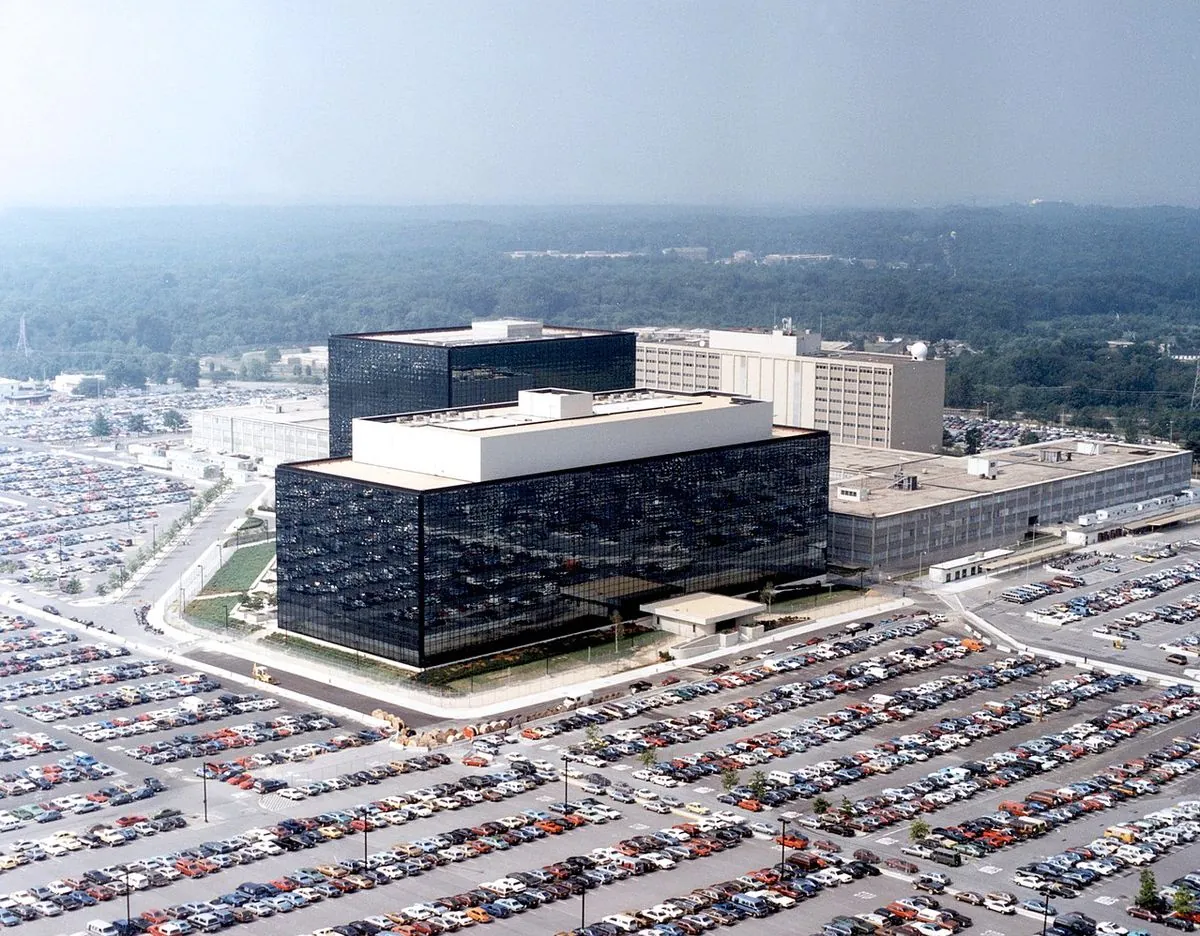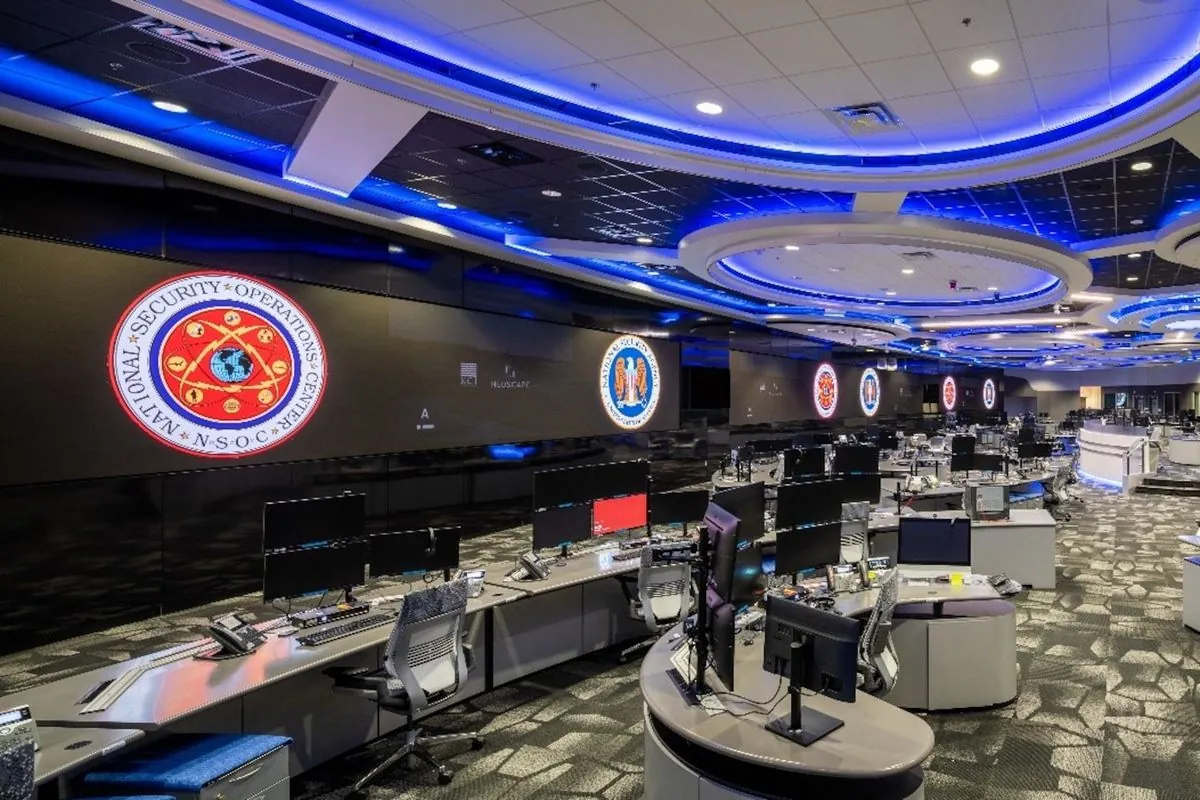NSA Unveils Crucial Role in Bin Laden Hunt, Launches Podcast
The National Security Agency reveals its pivotal contributions to locating Osama bin Laden, marking a shift towards transparency. A new podcast and exclusive interviews shed light on the agency's secretive operations.

The National Security Agency (NSA), once shrouded in secrecy, is taking steps to increase its public visibility. This shift is exemplified by the launch of a podcast and the disclosure of previously classified information about the agency's role in locating Osama bin Laden.
Established in 1952 by President Harry S. Truman, the NSA has long been a key player in U.S. intelligence operations. With its headquarters in Fort Meade, Maryland, the agency employs between 30,000 and 40,000 individuals, operating under the Department of Defense with an estimated annual budget of $10 billion.
In exclusive interviews, former NSA officials have revealed details about their involvement in the hunt for the al-Qaeda leader. Jon Darby, a retired NSA official, emphasized the agency's critical role in intercepting and analyzing communications that led to the identification of bin Laden's key associate.
The NSA's signals intelligence (SIGINT) capabilities were instrumental in locating the courier in northwest Pakistan and confirming his active status within al-Qaeda. This information bolstered the intelligence community's resolve to investigate the compound where bin Laden was ultimately found.

The agency's "No Such Podcast" aims to highlight the importance of SIGINT in safeguarding America and its allies. This move towards transparency comes in the wake of controversies surrounding the agency's surveillance practices, particularly following Edward Snowden's revelations in 2013.
"We had our guy."
Collaboration between the NSA, CIA, and other intelligence agencies was crucial in the bin Laden operation. The NSA's linguistic expertise in Arabic, Pashto, and Urdu played a vital role in analyzing communications and identifying the courier.
The hunt for bin Laden culminated in May 2011, nearly a decade after the 9/11 attacks. On the day of the raid, NSA personnel were actively involved in monitoring communications from various locations, including a command center in Jalalabad, Afghanistan.
The NSA's involvement in major historical events is not limited to the bin Laden operation. The agency has played significant roles in events such as the Cuban Missile Crisis and the Vietnam War, and continues to be at the forefront of technological advancements, including quantum computing research.
As the NSA moves towards greater openness, it faces the challenge of balancing transparency with national security concerns. The agency's efforts to share its achievements may help to reshape public perception and highlight its contributions to national defense.


































